 More than 130,000 migrants have arrived in Italy this year. Photo: Cecilia Fabiano/LaPresse
More than 130,000 migrants have arrived in Italy this year. Photo: Cecilia Fabiano/LaPresse
Record numbers of migrants arriving in Italy have raised fears about the future of freedom of movement in the European Union.
Austria said it would restore border controls with Italy, where more than 130,000 migrants.
Both countries are members of the EU's Schengen area, a passport-free zone that is one of the EU's most valuable achievements.
Ditto France, which has also taken steps to tighten security of its border with Italy with officers and drones over fears that migrants will cross into France.
“They are suspending the Schengen area to try to prevent migrants from arriving on their territory,” said Luca Zaia, a leading member of the League party. and governor of the wealthy Veneto region in northern Italy.
Italy 'cannot repatriate people'
The League is one of three parties in the ruling coalition led by Giorgia Meloni, Italy's prime minister.
He said the decision to close the borders not only violates Schengen principles, but also highlights Europe's inability to have an effective process for returning migrants or sharing the burden of migrants across the bloc.
“We cannot repatriate people. Of the approximately 140,000-150,000 migrants who should be repatriated, we have only been able to send back 3,500-4,000,” Mr. Zaya said.
“And the resettlement system is not working either,” he said, citing a stalled EU scheme to resettle migrants in the bloc.
“You can’t rant at Italy’s expense while pushing for reception and integration in Lampedusa while strengthening the Brenner border [with Austria]. This government will put an end to this disgrace,” Matteo Salvini, League leader and deputy prime minister, said earlier this week.
Italy expects up to 200,000 migrants from across the Mediterranean to arrive in the country by the end of the year.
“We are faced with epochal figures, a biblical outcome,” said Mr. Zaia.
Schengen “in danger”Since the 2015 migration crisis, Rome has regularly warned that failure to deal with the illegal migration crisis would put the Schengen area at risk.
Brussels has justified a major increase in funding for its border agency on the grounds that tight policing of the EU's external borders protects the passport-free zone regime.
However, much-needed reforms to EU asylum rules have failed due to deep divisions between member states.
Nancy Faeser, Germany's interior minister and a Social Democrat, said she «sees Schengen in danger» and followed the EU's lead. a cautious line to tighten border controls while pushing for tougher EU measures to stop migrants entering the bloc.
In Germany, border controls arrived at the Austrian border with the massive migration wave of 2015 and have since become a reality.
In light of the fact that most illegal border crossings now take place through Poland and the Czech Republic, conservative politicians are calling for checks to be extended along the country's entire 800-mile eastern border.
Calls to deploy police on the German border
Speaking on Thursday, Armin Schuster, the Czech Interior Minister, the eastern state of Saxony asked Berlin to “place the federal police right on the border.”
“The clear justification for stationary controls is that then I can deny entry to the border, I am not allowed to do that if someone enters the country,” added the Christian Democrat politician.
Currently Germany only searches inland areas beyond its eastern borders, which the government says is «more successful» than stationary controls.
However, official statistics show that migrants are almost never turned back when they arrive through Poland.
EU rules allow the temporary return of border controls between member states in certain circumstances, including migration pressure on the bloc's border countries.
But the return of such controls is controversial in a union that values freedom of movement. , even after their temporary return during the 2015 crisis and the coronavirus pandemic.
During the pandemic, when many borders were closed, Emmanuel Macron warned fellow EU leaders that the “death of Schengen” would jeopardize “survival EU countries». The European project is at stake.”
Negotiations begin
The European Commission has already threatened Austria with legal action over border checks it carries out on EU member Slovenia.
They were introduced during the 2015 migrant crisis and remain in force. despite having to ask Brussels for permission to extend controls every six months.
EU lawmakers are set to begin negotiations on the Schengen Code in the coming days, trying to agree on when the rules can be suspended or not.
Pope Francis on Saturday urged European governments to welcome migrants rather than see them as invaders.
On the second day of his visit to the French Mediterranean port of Marseille, the pontiff said: “Those who risk their lives at sea, not intruding, they expect hospitality.”
Noting the risk to the lives of migrants if they are not taken to safety, he warned against turning “the Mediterranean into a mare nostrum, from the cradle of civilization into a mare mortuum, a cemetery of dignity.”







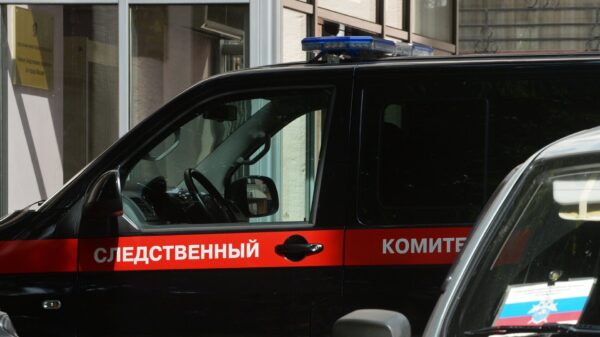
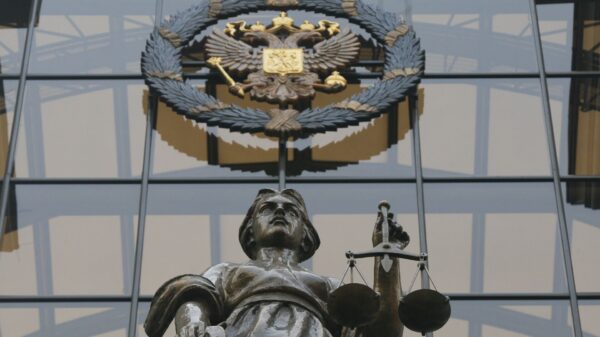




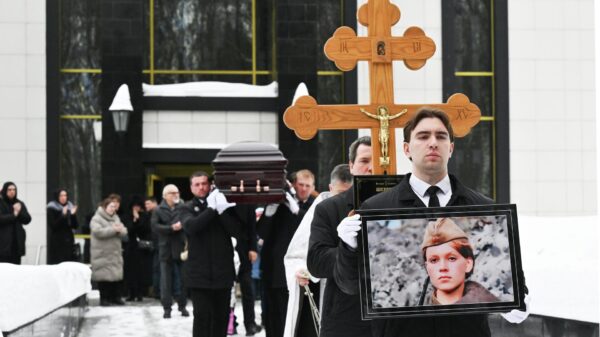




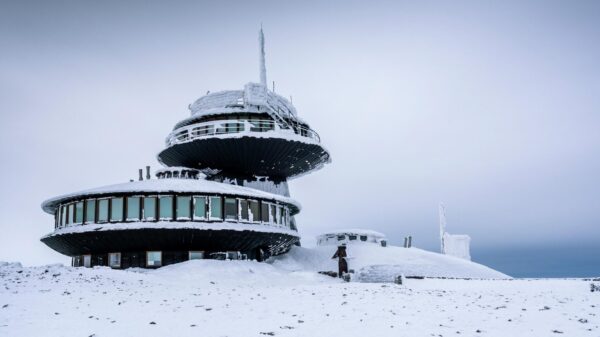








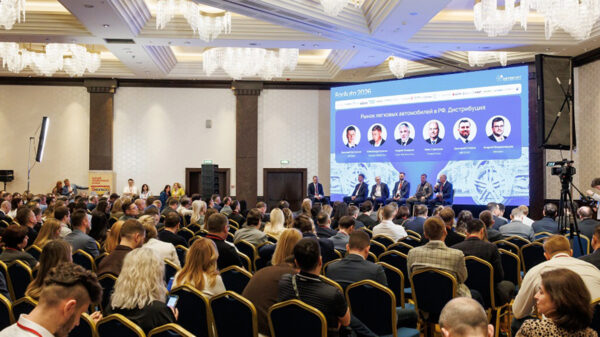






























Свежие комментарии